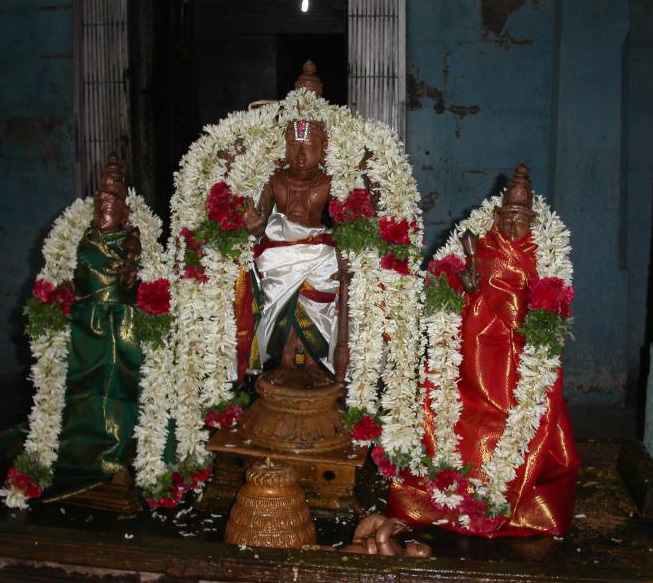buddhir jnanam asammohah
ksama satyam damah samah
sukham duhkham bhavo ’bhavo
bhayam cabhayam eva ca
Intelligence, knowledge, freedom from doubt and delusion, forgiveness, truthfulness, control of the senses, control of the mind, happiness and distress, birth, death, fear, fearlessness.
From this sloka 4 to sloka 11, Sri Krishna tells so many things to arouse Bhakti in the listener. He tells of the various qualities which arise in us. The state of mind and its aberrations are all told here and the Lord says that everything is under His control and every happening is at His command. In sloka 4, He mentions certain qualities and in sloka 5, some more qualities are mentioned. At the end of sloka 5, He would declare that all these qualities are His creation. So, only the qualities are listed is sloka 4. What are the various qualities occur in us? Buddhi = intelligence or analytical mind, [to decide on the course of any action we contemplate], jnanam = knowledge [that is attained after analysing using buddhi], asammoha = confusionless clarity,
kshama = patience [quality exhibited when we are likely to get angry], it is something like a preventive quality to avoid anger. If there are reasons to get angry, at that time we should show patience and consider that the circumstance for anger was created by past karma of ourselves or the doer. This is a great quality if we can avoid anger, when there are sufficient reasons to get angry. Provoked to get angry is not a quality, but bearing the provocation with smile is a quality and that is kshama. Satyam = satyam bhuta hitam proktam, mindful of the welfare of all living beings. So it is not the simple meaning of truth, but that which benefits everyone. When someone is chasing a cow to kill, protecting the cow by uttering lie also is satyam. Dama = control of our external sense organs like eyes, nose, etc. Sama = control of mind. More difficult than other sense organs. Sukham = those which are favourable to atman, dhukham = those which are unfavourable to the atman. This is not the same as happiness and sorrow, but reasons for them. Bhava = happiness due to those favourable to atman and abhava = sorrow due to those unfavourable to atman. Bhayam = fear of getting something we do not want, abhayam = confident of not getting what we do not want. The Lord has listed 13 qualities in this sloka. The Lord is going to say in the next sloka that these and some more listed in sloka 5 are all His creations.

No comments:
Post a Comment